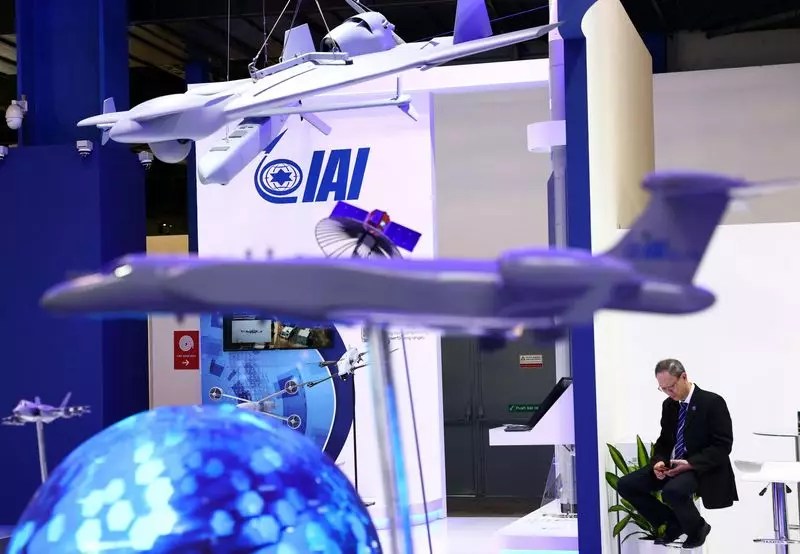Israel Aerospace Industries (IAI) is poised to make a significant leap into the public investment domain through an initial public offering (IPO) on the Tel Aviv Stock Exchange (TASE). Boaz Levy, the company’s chief executive, recently announced that while the framework for this IPO has been laid out, the final decision rests with the Israeli government. This landmark opportunity comes in the wake of a November 2020 decision by a ministerial privatisation committee that approved selling up to 49% of shares in Israel’s premier defense contractor. With billions in potential funding on the line, the move represents not just an economic opportunity but a strategic pivot in Israel’s defense landscape.
Levy’s assertions about IAI’s “phenomenal performance” are supported by impressive financial metrics. In the first three quarters of 2024, the company reported a staggering profit of $416 million, reflecting a 74% increase compared to the previous year. Additionally, sales surged by 13% to reach $4.4 billion. This robust financial performance aligns with escalating tensions and conflicts within the region, which has catalyzed demand for advanced defense technologies and solutions. IAI’s order backlog now stands at $25 billion, a remarkable growth of over $7 billion in just one year—indicative of both the firm’s competitive positioning and the broader necessity for defense innovations.
Despite these promising developments, the IPO has experienced delays attributed to various factors including negotiations with IAI’s employee union, as well as fluctuations in market stability. Both the finance and defense ministries have refrained from extensive commentary on the project, creating an air of uncertainty regarding the timing of the IPO. Reports suggest that these discussions are critical for aligning the interests of stakeholders, especially in a company where employee relations are fundamental to operational integrity and success.
The proposed IPO holds crucial implications—not only for IAI but for Israel’s defense sector as a whole. By introducing private investment, the company can enhance its capital structure, spur innovation, and potentially broaden its footprint in international markets. Furthermore, a successful IPO could set a precedent for similar public offerings within Israel’s defense ecosystem, potentially revitalizing investments in national security technologies.
As conversations continue around the privatisation and possible public listing of IAI, the path to an IPO reflects a broader economic trend within intricate geopolitical contexts. With an increasing global focus on security and defense, the unfolding story at IAI exemplifies the intersection of finance and national interests. Should the government give the green light, Israel Aerospace Industries stands on the verge of a paradigm shift that could redefine its operational trajectory and financial sustainability, serving as a vital component of Israel’s high-tech industry for years to come.


Leave a Reply